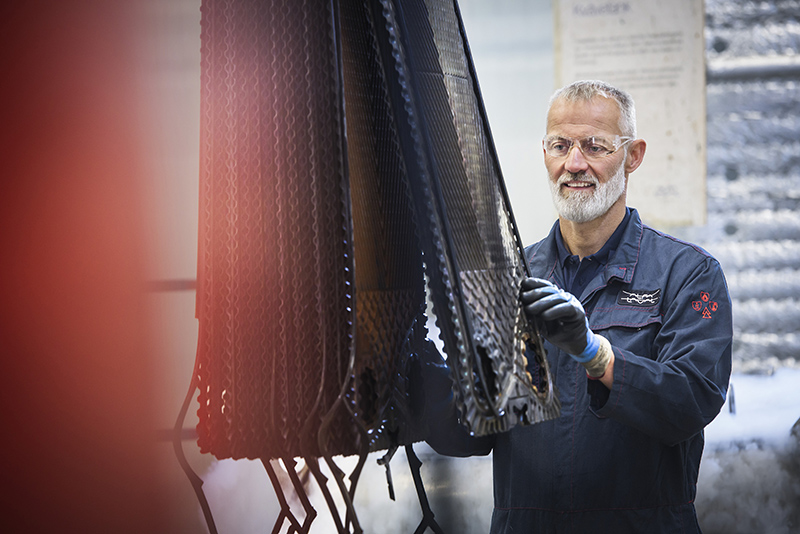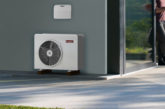
Plant, process and production managers working across multiple industries have been warned against taking a run to fail approach to heat exchanger maintenance following insight from a new industry whitepaper.
The warning comes at a poignant time for industry, as efficiency and sustainability become more important than ever in industry’s road to recovery.
In order to support, global engineering company, Alfa Laval has launched the whitepaper – Fit for Duty – which aims to change perceptions and behaviour relating to the so-called ‘humble’ plate heat exchanger (PHE).
According to the report, PHEs are subject to an industry-wide misconception that they are ‘simple’ components. However, if proper servicing and maintenance are overlooked, it can allow assets to reach a state of disrepair and lead to catastrophic and complex consequences for businesses. Low energy efficiency, higher carbon emissions, danger to staff, low production yields and poor product quality are some of the main consequences many operators are risking. Most notably, an academic report from 2015 stated that numerous studies have shown that heat exchanger fouling may be responsible for 1 to 2.5% of global CO2 emissions.
A recent HSBC report also found that 69% of companies aim to focus their budgets on making manufacturing more sustainable between now until summer 2021. Experts at Alfa Laval say that by taking a more proactive approach to PHEs, operators could see dramatic improvements in their energy consumption, among other benefits.
It is also common for PHEs to be specified years ahead of them being fully operational within a plant, and the heat demand or accompanying technology may change within that period.
Mikael Hellborg, Managing Director at Alfa Laval, says: “We estimate there are thousands of PHEs – of all brands and sizes – in operation that are not fully optimised and could be draining businesses unnecessarily. Further compounding the issue is the disruption caused by COVID-19 and its significant impact on supply chains, cashflows and capacities leaving many businesses without capital to upgrade existing equipment. Implementing a comprehensive service and maintenance approach could actually help circumnavigate some of these issues.
“As the world’s largest and most responsible manufacturer of plates and gasket we need to be certain that our components are optimised within our customers’ equipment. The old adage ‘greater than the sum of its parts’ could not ring truer than when referring to PHEs.”
The report goes on to outline the steps that businesses can take to implement a considered maintenance strategy and ultimately achieve many advantages.
“Complacency will only lead to further problems,” Mikael continues. “We hope this report helps identify why ‘run-to-fail’ is a false economy and that actually plant, process and production managers can play their part in improving operational efficiency, competitiveness and, most pertinently, changing regulations relating to net-zero goals.”
To download the full report, visit www.alfalaval.co.uk/fitforduty













